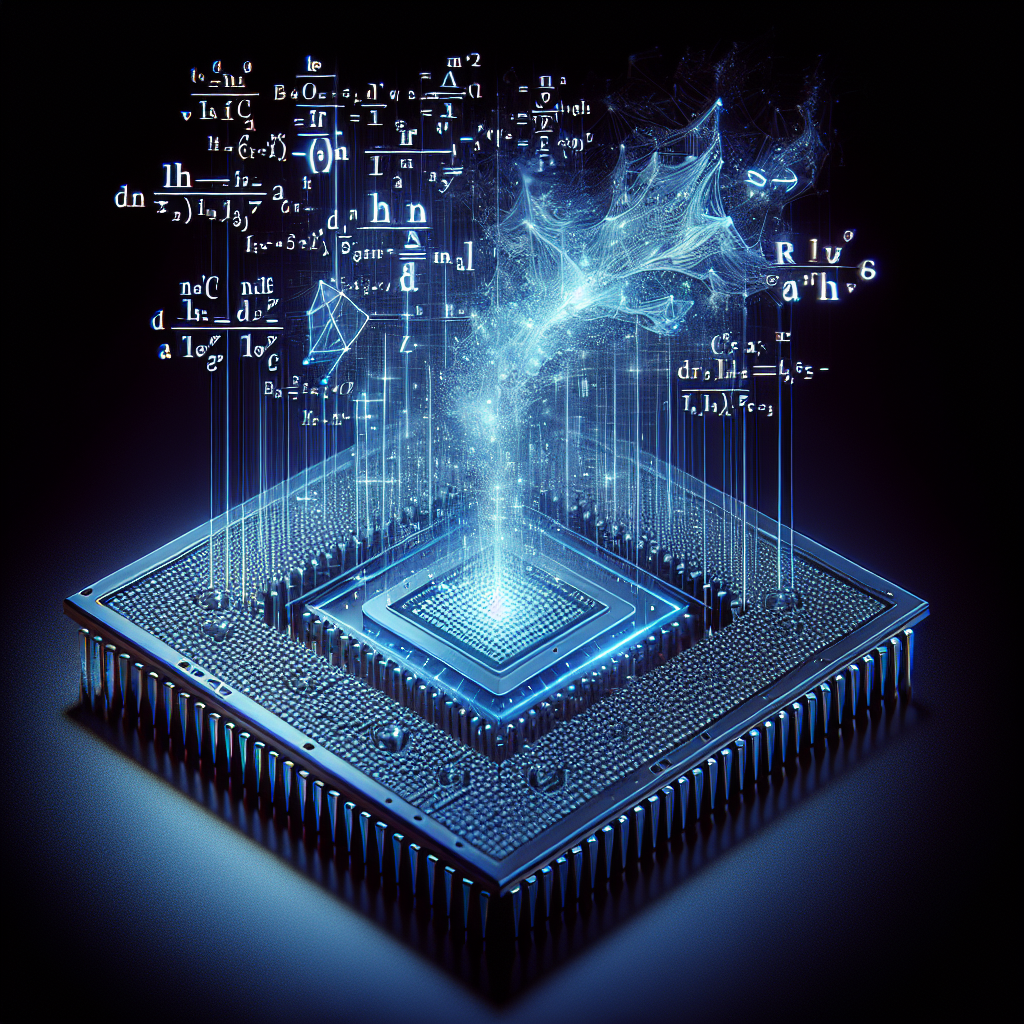Your cart is currently empty!
Exploring the Mathematical Foundations of Machine Learning

Machine learning is a rapidly growing field that is revolutionizing the way we interact with technology. From recommendation systems on streaming platforms to self-driving cars, machine learning is everywhere. But what exactly is the mathematical foundation that underpins these powerful algorithms?
At its core, machine learning is about building algorithms that can learn from and make predictions or decisions based on data. This process involves a combination of statistics, optimization, and linear algebra, among other mathematical disciplines.
One of the key concepts in machine learning is the idea of a model. A model is a simplified representation of the real world that allows us to make predictions or decisions. In machine learning, models are typically represented as mathematical equations that describe the relationship between input data and output predictions.
To build a model, we need to first define a loss function, which measures how well the model is performing on a given dataset. The goal of machine learning is to minimize this loss function by adjusting the parameters of the model. This is done through a process called optimization, which involves techniques like gradient descent to find the optimal set of parameters that minimize the loss.
Linear algebra plays a crucial role in machine learning, as many algorithms rely on matrix operations to process and analyze data efficiently. For example, in deep learning, neural networks are made up of layers of interconnected nodes that perform matrix multiplications and nonlinear transformations to learn from data.
Another important mathematical concept in machine learning is probability theory. Probability theory is used to model uncertainty in data and make decisions under uncertainty. For example, Bayesian methods use probability distributions to update beliefs about parameters as new data is observed.
In addition to these core mathematical concepts, machine learning also draws on ideas from fields like information theory, graph theory, and optimization theory to develop new algorithms and improve performance.
Overall, exploring the mathematical foundations of machine learning is essential for understanding how these powerful algorithms work and how to improve them. By understanding the underlying mathematics, researchers and practitioners can develop more robust and efficient machine learning models that can tackle increasingly complex tasks in areas like healthcare, finance, and autonomous systems.
#Exploring #Mathematical #Foundations #Machine #Learning,machine learning: an applied mathematics introduction

Leave a Reply